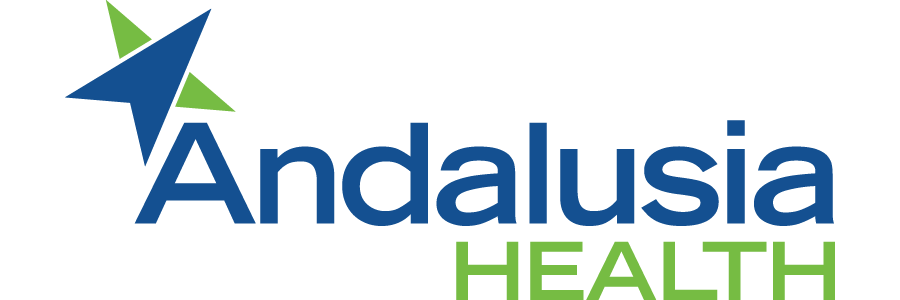5 Ways to Take the Drama Out of High Cholesterol
Ah, September - football is back, school is in full swing, Fall is just around the corner and thankfully, there are only a few more weeks left of political ads.
September certainly means a lot of things to a lot of people. But one particular September happening that isn’t exactly top of mind, National Cholesterol Education Month, could use a little more attention. It’s not only important to your health, but it’s a topic full of interesting elements: good guys, bad guys, and one protagonist trying to keep peace while another character - supposedly the smart guy in this whole scenario - often making things more difficult.
The cholesterol story starts with an important fact: high cholesterol increases your risk of heart disease and heart attacks. In a bit of a plot twist, the culprit in this story is somewhat misunderstood. Your body actually needs cholesterol. First, it protects the nerves and helps your body make healthy cells and hormones. Second, “good” cholesterol (high-density lipoproteins or HDL), takes “bad” cholesterol (low-density lipoproteins or LDL) to your liver, where it’s flushed out of the body.
The subtext to this storyline is that your body - specifically, your liver, the protagonist in this saga - makes all the cholesterol you need. In fact, everything is typically fine and in balance until the “wise guy” in our bodies, our brain, decides to eat far too many saturated fats (red meats, dairy products) and trans fats (partially hydrogenated vegetable oil), which brings more “bad” cholesterol into our system. This bad cholesterol tends to collect in the walls of our blood vessels, raising our chances of health problems like a heart attack or stroke.
In the happy-ending version of this all-too-real tale, we make lifestyle changes if necessary to improve our cholesterol levels. For most of us, that means embracing five tenets essential to good health in September and every month:
- Eat healthy
- Exercise
- Lose weight
- Quit smoking
- Drink in moderation, or not at all
Eating a heart-healthy diet starts with reducing your consumption of saturated fats and eating foods rich in omega-3 fatty acids (e.g., fish such as salmon, walnuts, flaxseed) and soluble fiber (e.g., oatmeal, kidney beans, Brussels sprouts, apples, and pears). By regularly exercising and increasing your physical activity, you can raise your level of good cholesterol (HDL), which, as mentioned above, helps remove bad cholesterol. And just losing five to 10 pounds has been shown to help lower (bad) cholesterol levels.
Smoking, among its many ill effects on health, lowers HDL (good cholesterol) levels in your body. Less HDL means less good cholesterol to take out the bad. And because alcohol impairs your liver’s functioning, reducing the number of alcoholic beverages you drink will aid your liver’s ability to remove bad cholesterol.
Age, sex, and genes also play roles in our cholesterol chronicle, but ultimately each of us can dictate how the story unfolds. That starts with being knowledgeable about cholesterol, your cholesterol levels, and what to do should your levels exceed the norm.
The general cholesterol guidelines for adults in the U.S. are (lower LDL is better):
- Less than 100 milligrams per deciliter (mg/dL) of LDL: Optimal
- 100-129 mg/dL: Near or above optimal
- 130-159 mg/dL: Borderline high
- 160-189 mg/dL: High
- 190 mg/dL and above: Very high
The final lesson of cholesterol education is to know your LDL level and if it is high, take the steps detailed above to lower it. And understand that sometimes healthy lifestyle changes aren't enough to lower cholesterol levels. That’s where your primary care provider comes in.
If your doctor recommends medication to help lower your cholesterol, take it as prescribed while continuing your lifestyle changes. Lifestyle changes can help you keep your medication dose low.
If you currently do not have a primary care provider, you can find one at this link on the Andalusia Health website. Call the corresponding provider’s number or click the “book appointment” button to schedule an appointment.
Keep abreast of your numbers, eat healthy, and stay active - make your personal cholesterol story one in which the protein works for you rather than against you.

